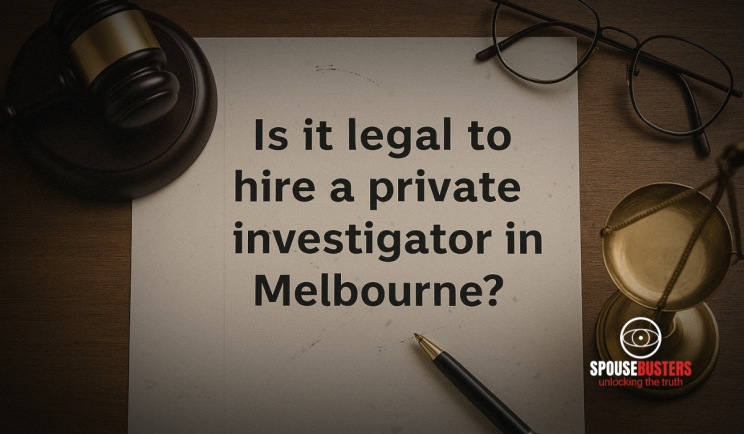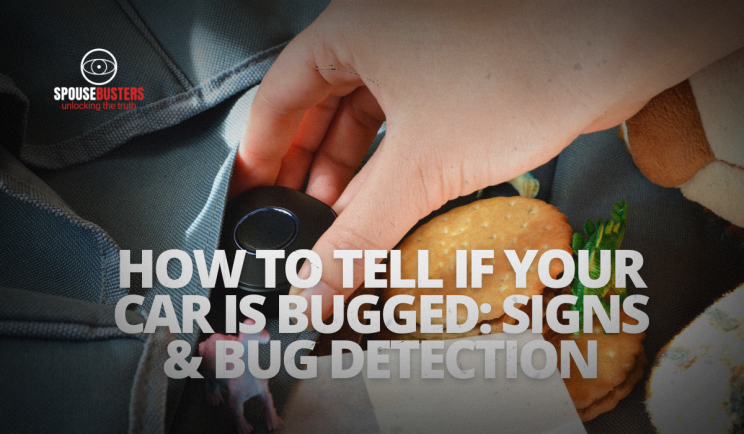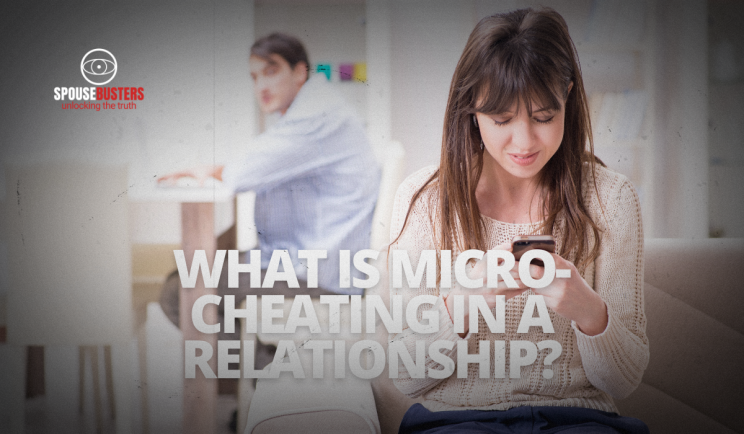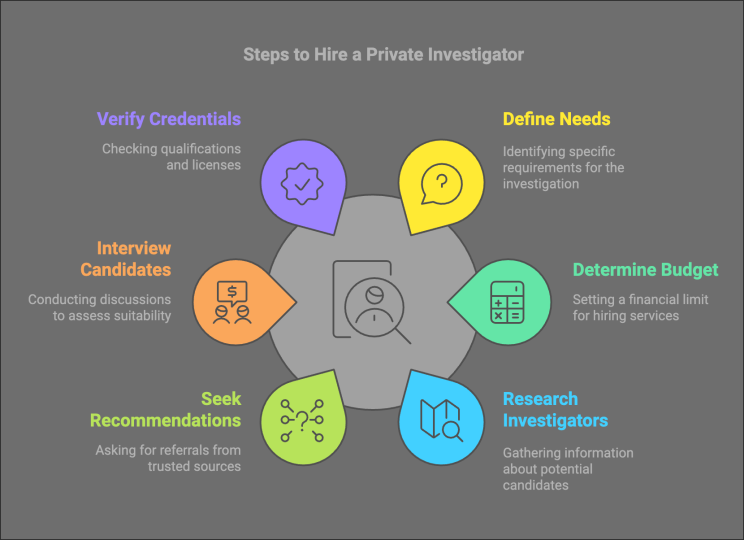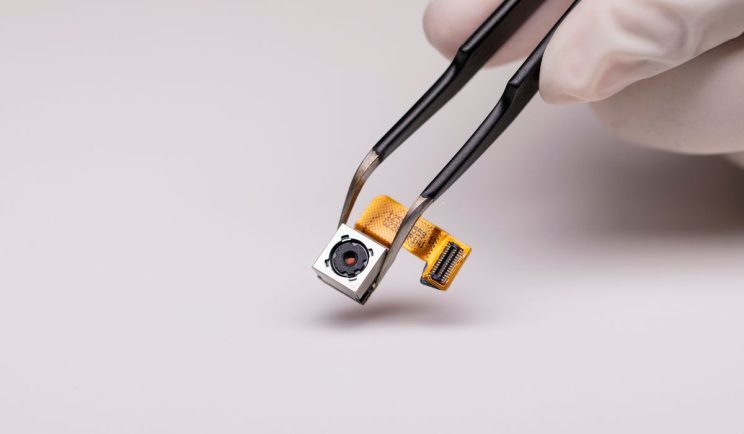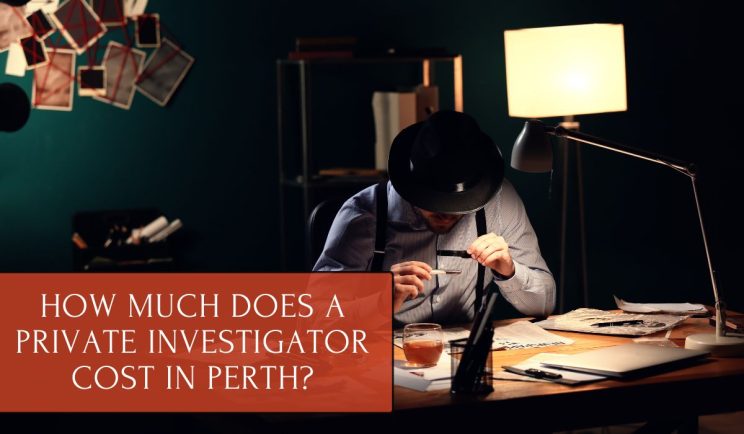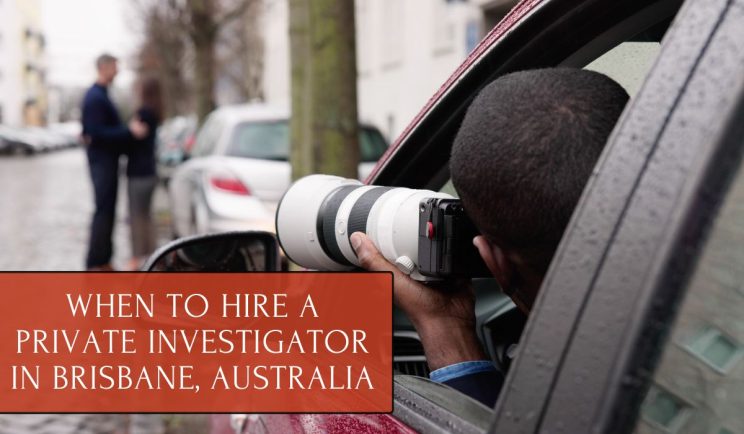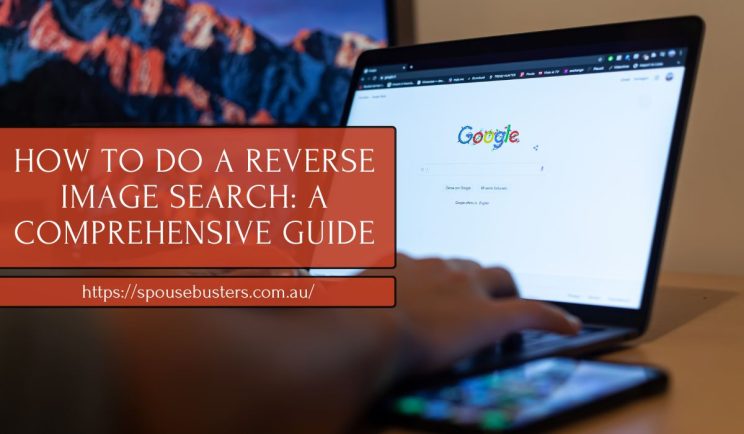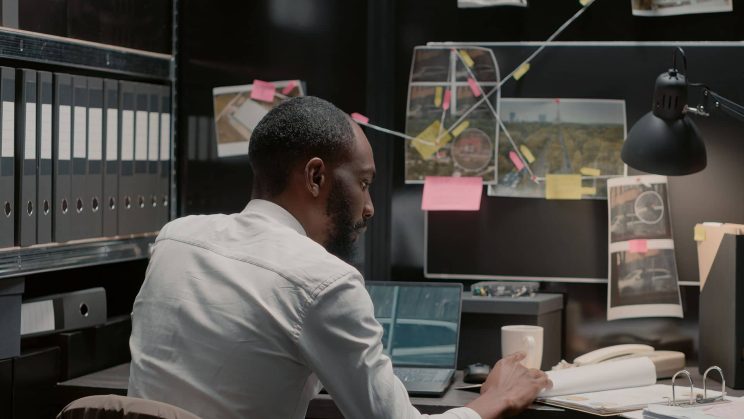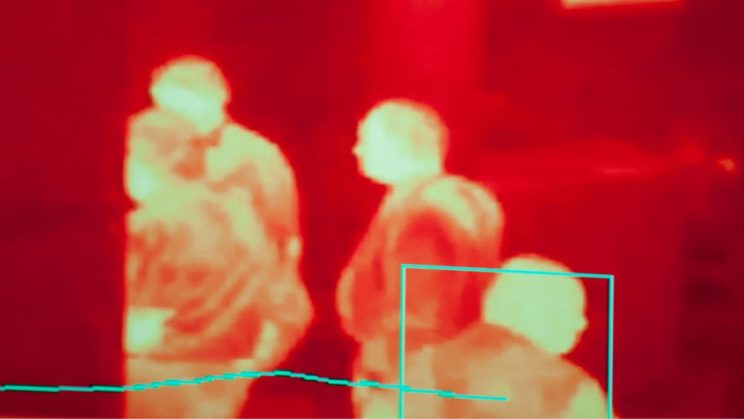When infidelity strikes, the pain can be overwhelming. Yet many couples choose to confront the betrayal together, hoping to heal and rebuild. This journey isn’t easy but with the right mindset, support, and actionable steps, recovering from infidelity is possible.
If you’re seeking compassionate guidance tailored to Australians navigating post-affair recovery, here are 7 powerful tips to help restore trust and emotional connection in your relationship.
1. Acknowledge the Betrayal Honestly
Facing the truth is painful, but it’s the first step toward healing. Denial only prolongs emotional damage. The cheating partner must fully acknowledge the betrayal without minimizing or deflecting blame. Likewise, the hurt partner must be given space to express their pain openly.

Why Openness Matters in the Healing Process
- Builds a foundation of emotional honesty
- Prevents suppression of resentment and anger
- Opens doors for authentic communication
2. Seek Professional Help and Relationship Counselling
It’s hard to recover alone. A licensed relationship counsellor can help you both navigate difficult conversations, understand emotional triggers, and establish boundaries.
Finding the Right Support in Australia
- Look for relationship counselling Australia-based professionals with experience in infidelity recovery
- Try online therapy sessions if in-person meetings are difficult
- Use therapy to rebuild both communication and trust
3. Give Each Other Time and Space
Emotional healing doesn’t happen overnight. Allow yourselves time to process individually and together.
The Role of Emotional Breathing Room in Rebuilding
- Reduces pressure to “fix things fast”
- Offers space to rediscover your identity outside the relationship
- Encourages thoughtful, rather than reactive, decisions
4. Practice Transparency and Accountability
Rebuilding trust after infidelity means there are no more secrets. The cheating partner must be willing to share passwords, update whereabouts honestly, and openly communicate.
Restoring Trust Through Clear Communication
- Share your day-to-day openly
- Be willing to answer difficult questions
- Take responsibility for actions without becoming defensive
5. Establish New Boundaries and Expectations
Old dynamics may have allowed the betrayal to grow unnoticed. It’s time to create new relationship agreements that ensure mutual respect.
Moving Forward With Clear Agreements
- Discuss acceptable and unacceptable behaviours
- Set boundaries for digital privacy and time spent apart
- Define consequences if boundaries are crossed
6. Focus on Emotional Intimacy and Reconnection

Once the foundation of trust begins to rebuild, it’s time to reignite emotional intimacy. This goes beyond sex—it’s about emotional presence and vulnerability.
Rekindling the Bond Post-Betrayal
- Engage in activities you both enjoy
- Share feelings daily, even if awkward
- Re-establish eye contact, physical touch, and shared laughter
7. Decide Together if Forgiveness is Possible
Forgiveness is not mandatory—but for many couples, it’s what allows them to truly move forward. This decision must be mutual, thoughtful, and honest.
Choosing Whether to Rebuild or Walk Away
- Ask: Can I eventually trust again?
- Don’t rush forgiveness—it’s a journey, not a checkbox
- Forgiveness is about your peace, not excusing the behaviour
Frequently Asked Questions (FAQs)
- Can a relationship survive infidelity in Australia?
Yes, with counseling, honest communication, and commitment, many couples successfully rebuild trust. - How long does it take to rebuild trust after cheating?
It varies, but most couples take 6–24 months depending on the depth of the betrayal and effort. - Should I forgive my partner for cheating?
Forgiveness is personal. If healing and rebuilding feel possible, forgiveness may come naturally over time. - Is couples counselling effective after infidelity?
Absolutely. It provides a neutral space to express feelings, set goals, and rebuild emotional connection. - What are signs that my partner is truly remorseful?
Consistent honesty, taking accountability, showing empathy, and prioritising your healing.
Conclusion
Infidelity doesn’t have to be the end—it can be a turning point. By embracing honesty, seeking support, and committing to healing, many couples in Australia find a path forward. Whether you choose to rebuild together or walk separate roads, remember: your well-being and peace of mind come first. Healing is possible, and you’re not alone.



